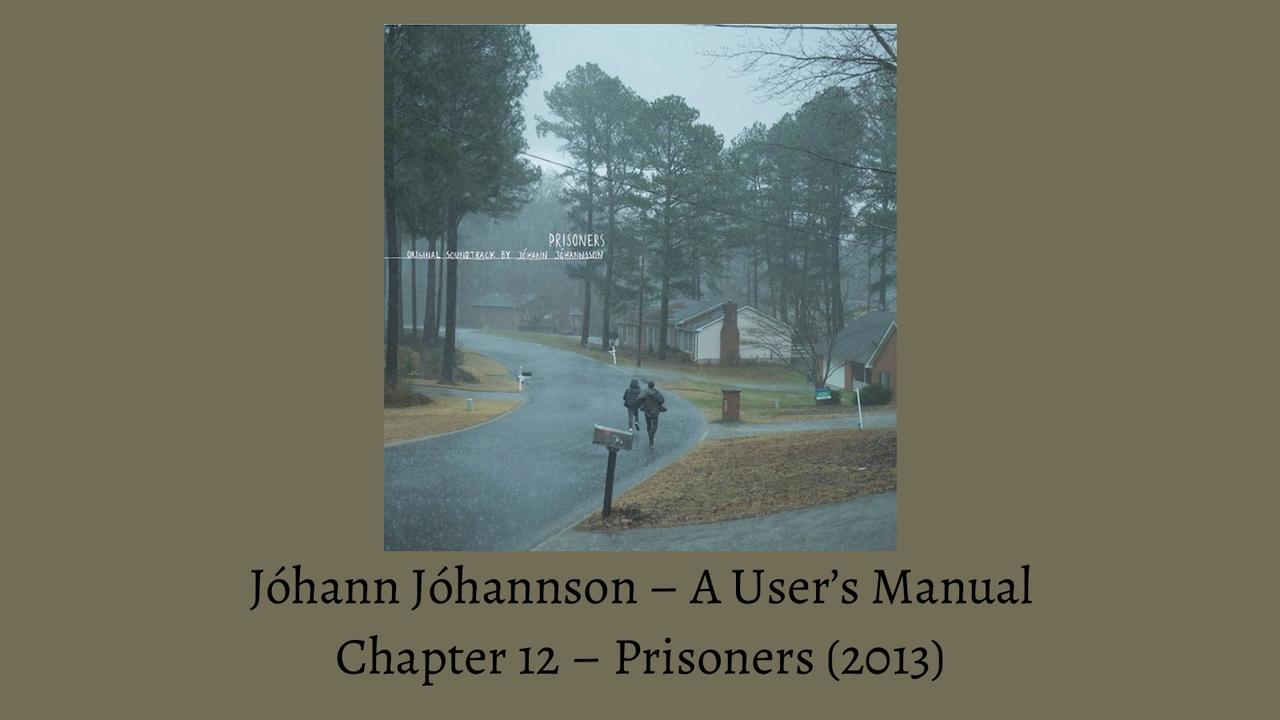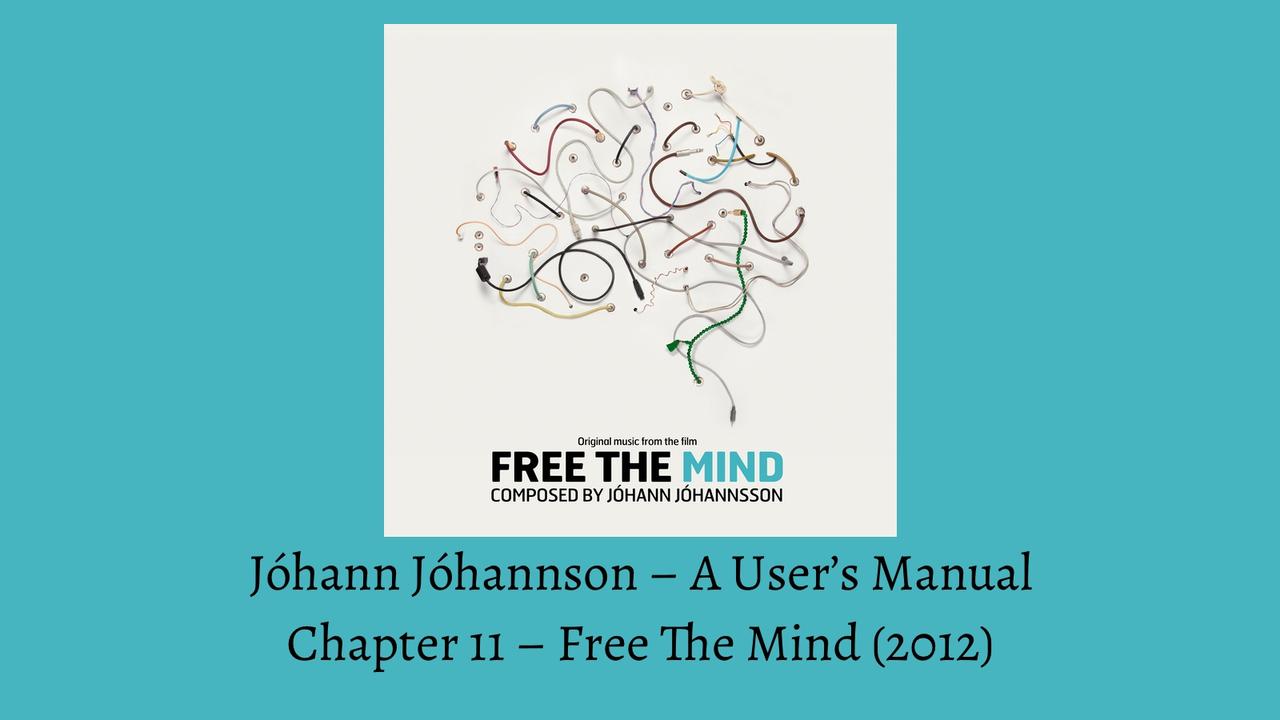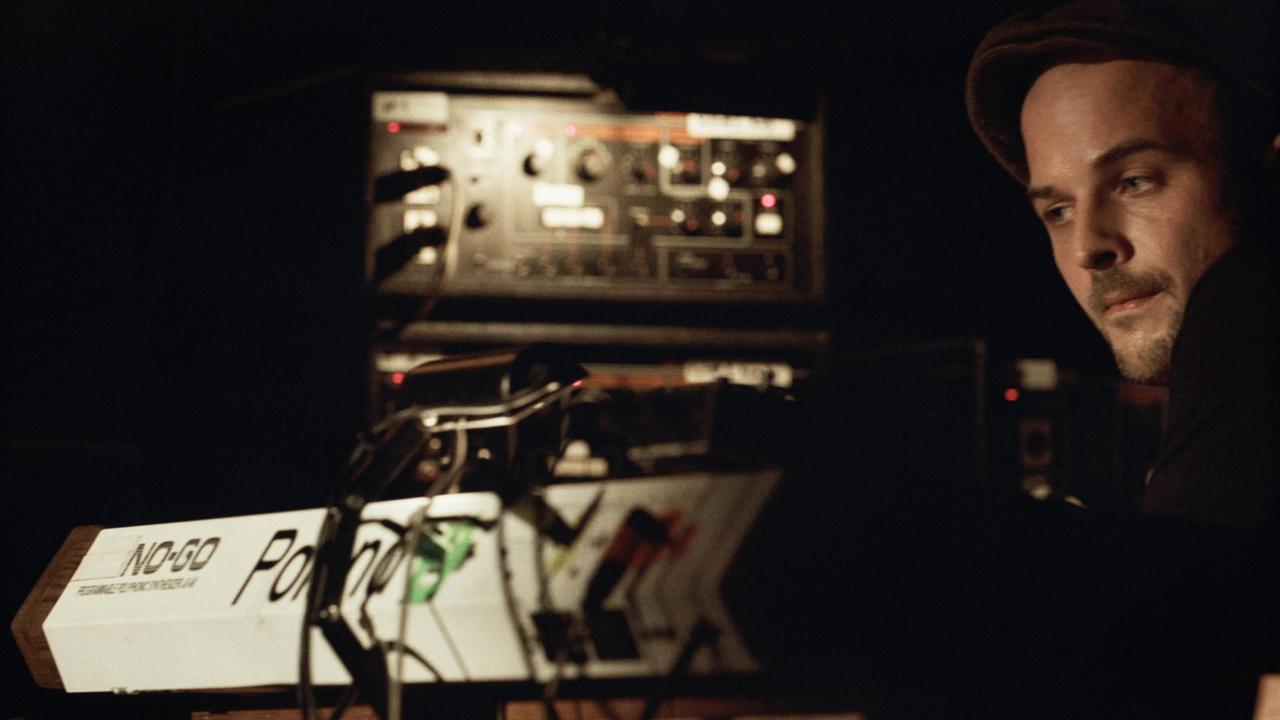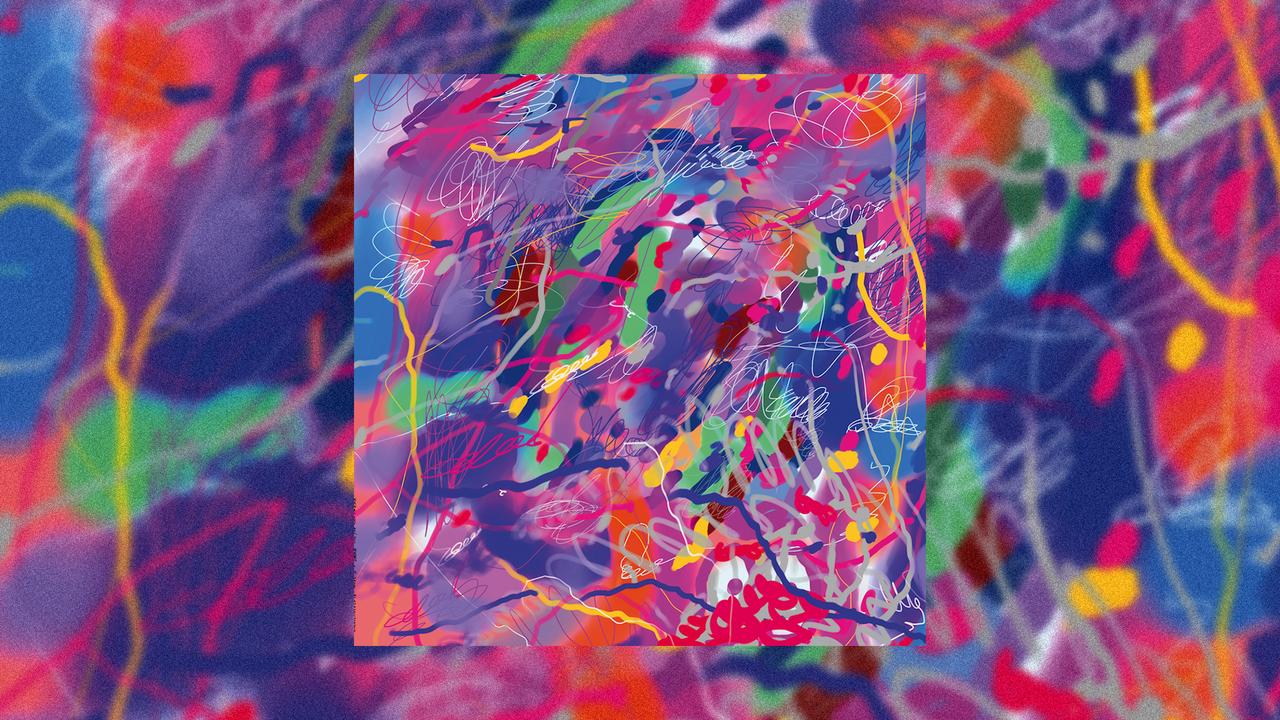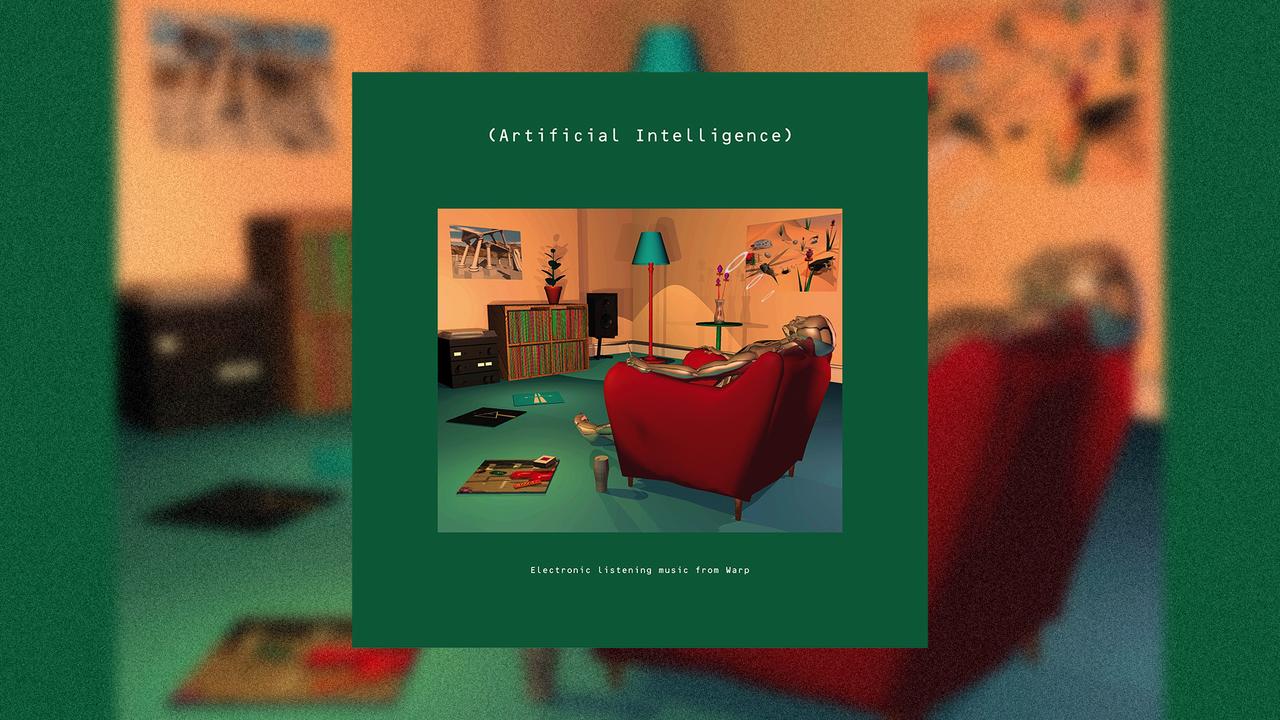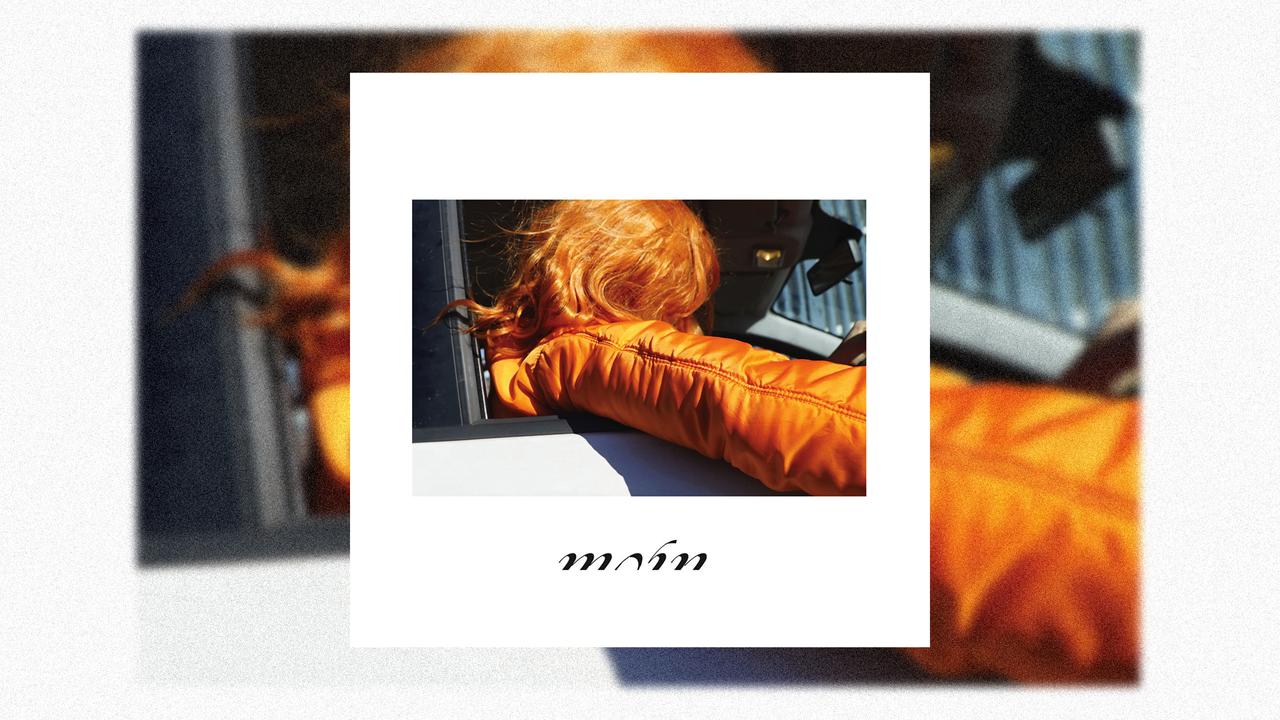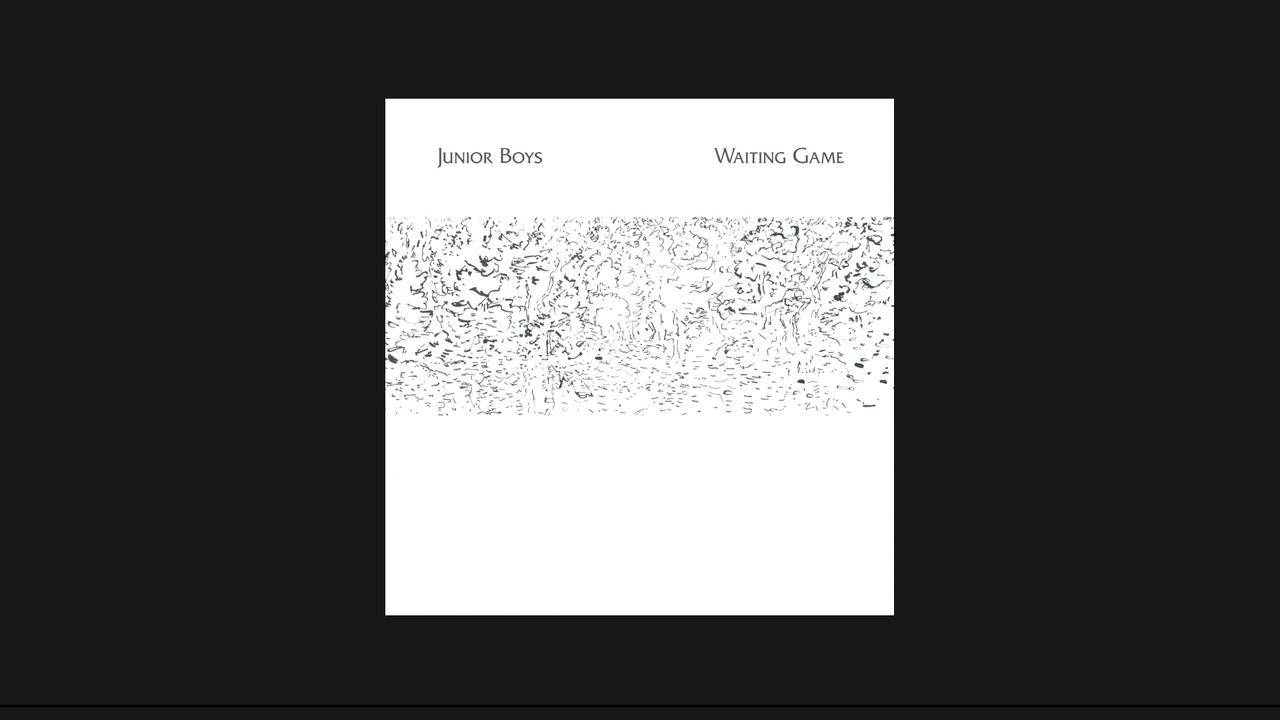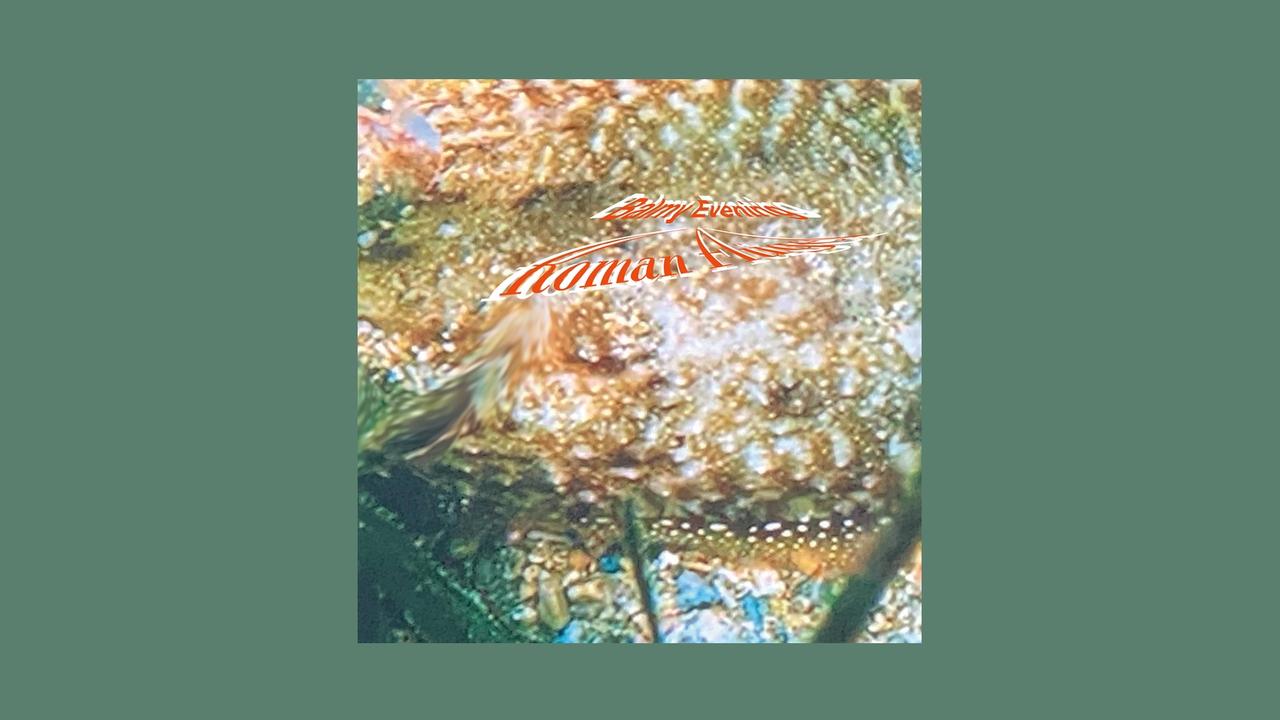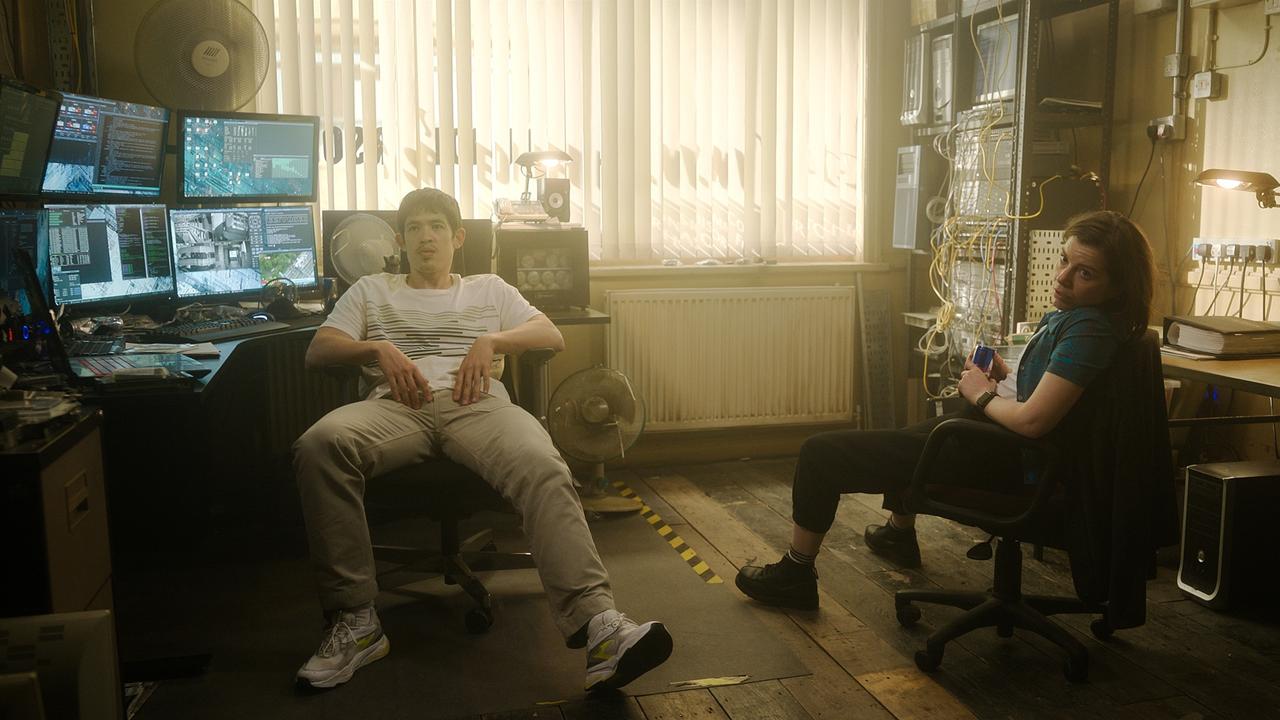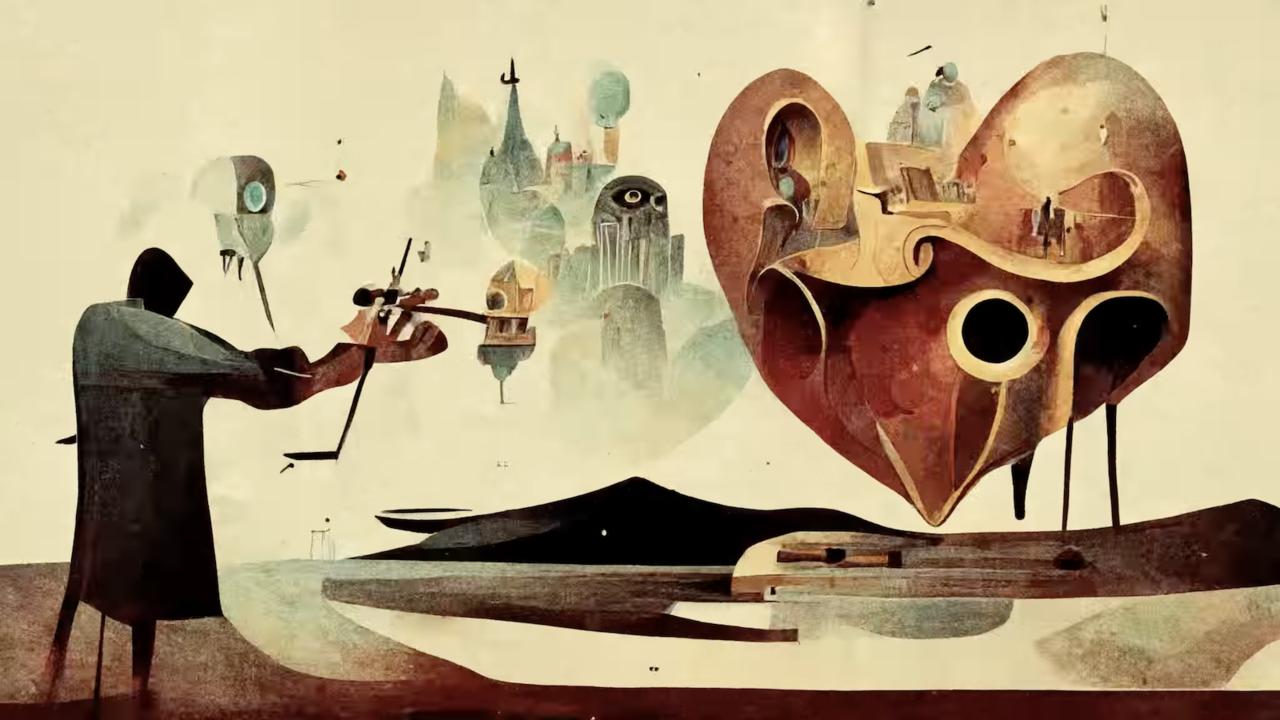Jóhann Jóhannsson – A User’s ManualChapter 13 – McCanick (2013) – English
7.12.2022 • Sounds – Conversation: Kristoffer Cornils, Thaddeus Herrmann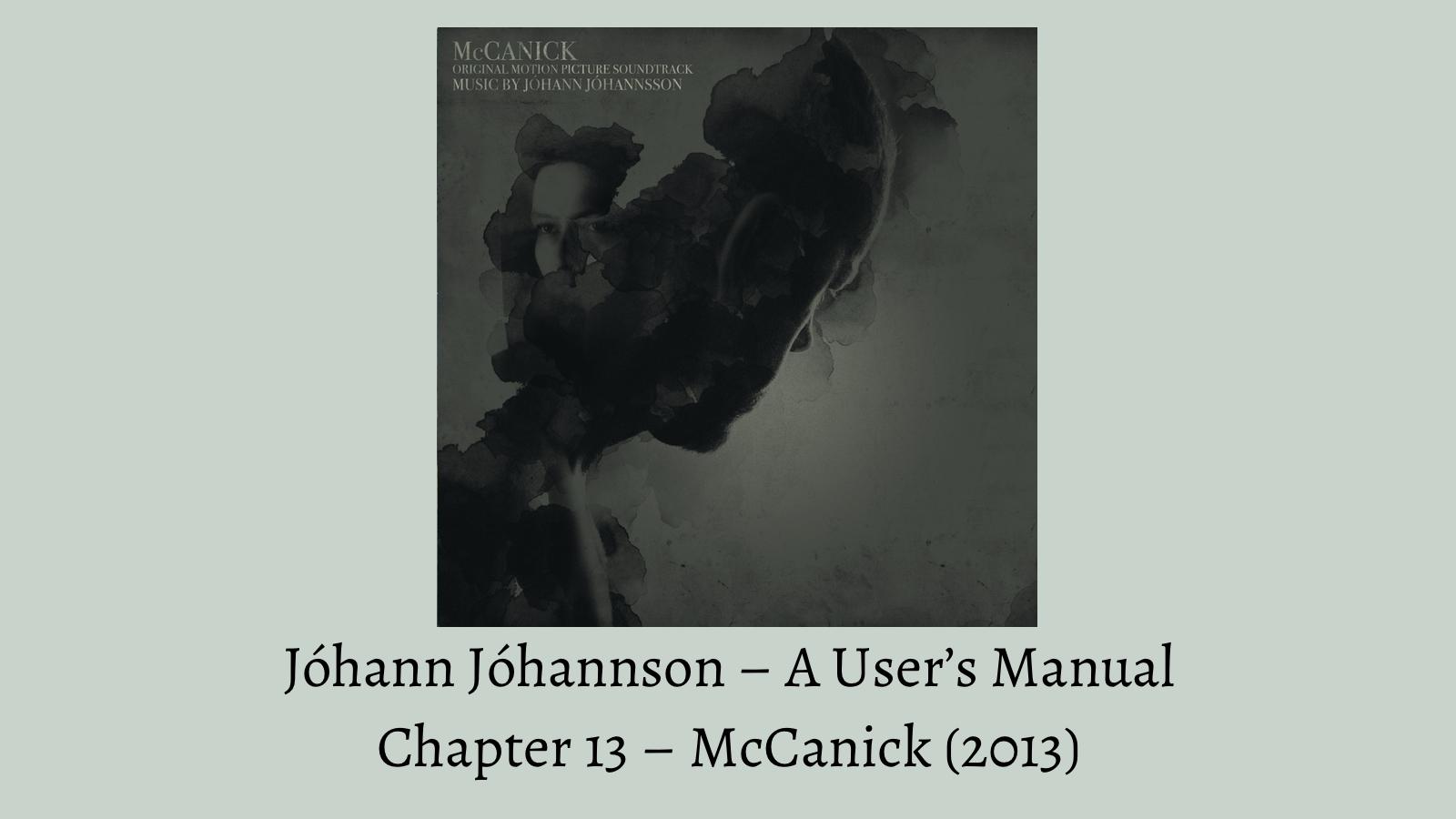
Jóhann Jóhannsson has released well over 20 albums over the course of his career. Who knows how much material that could be released posthumously is still gathering dust at this point in time. Kristoffer Cornils and Thaddeus Herrmann regularly review the composer's work—chronologically, album by album. In the twelth episode, they discuss "McCanick" from 2013, the soundtrack to the film of the same name by Josh C. Waller.
Deutsche Version? Hier klicken.
A cop hunts down someone who knows too much. "McCanick" itself tackles one of the most popular archetypes in North American film history: the neurotic cop with a punching bag in the kitchen on a vigilante mission. The film (directed by Josh C. Waller and written by Daniel Noah) takes place on a day in the life of the titular protagonist from Philadelphia's narcotics squad - it is, of course, his birthday. But instead of treating himself to a few donuts and two or three cups of coffee more than usual, he goes on the hunt for the young petty criminal Simon Weeks, who has been released early from prison. There is a lot of swearing, guns are constantly being pulled, blood flows in between - and the music of Jóhann Jóhannsson resounds.
Kristoffer: "McCanick" is the kind of film that still doesn't have a Wikipedia entry almost ten years after its initial release. This sets it apart from "Prisoners", Jóhannsson's first collaboration with Denis Villeneuve and the previous chapter in our "User's Manual" for fans of the composer. Premiered at the Toronto International Film Festival in September 2013, "McCanick" was first distributed on DVD in Scandinavia, Brazil and Germany before apparently receiving a brief subsequent theatrical release in the US in March 2014. The soundtrack was released digitally in November 2013, a CD version followed in January 2014. In Japan, it was released on Inpartmaint Inc. and the US on Milan, making it Jóhannsson's first release on this traditional label for (neo-)classical music and soundtrack work. I mention all this not solely because I don’t want to have done my IMDb research for nothing, but also because the straight-to-DVD nature of the film, as well as the involvement of a major player like Milan, illustrate how Jóhannsson's career had come to a turning point at the time: In 2013, he had not yet finally made it in Hollywood, but he was on the radar of the institutions of the international music industry.
First, a couple of thoughts about the movie: I found it incredibly uninteresting and ended up skipping through it rather than watching it in its entirety, mainly paying attention to the music. Jóhannsson's compositions are mainly used as atmospheric lubricants, underscoring action-less transition scenes and sometimes dramatic moments. I deliberately say "compositions" and not "score", because the film actually draws on Jóhannsson's back catalogue, including his album "Fordlandia", and not just the 15 pieces of the OST. It’s a rather strange mix. Why would an already quite well-known composer be hired alongside an orchestra if music from his catalogue was licensed as well? That seems rather illogical to me. Also the music itself offers a few throwbacks. When we spoke about "Prisoners" you already mentioned that you regard "McCanick" as a musical remnant. Tell me more!
Thaddi: Before I get to that, I have a couple of remarks. Firstly, I couldn't even sit through the trailer of "McCanick". Secondly, in Germany the film has a great additional name: "Bis in den Tod"... til death. And thirdly—do you notice how the tension is slowly becoming unbearable?—there actually is a Wikipedia entry after all. Three completely unimportant bits of trivia, but for me they kind of sum up my overall impression of both the film and the music. We are dealing with a multi-million dollar act of randomness here. If I'd been more sedentary watching the film, I'd have felt exactly what you have just told me. I just don't imagine the people involved were even remotely interested in their job. That becomes quite obvious already in the trailer. Boring cinematography that cites one cliché after the next. Characters, equipment, halo shots. And the way in which Jóhannsson's rather worn string motifs waft through fast and action-packed scenes is really counterproductive. A pity, really. Philadelphia is such a pretty city!
But let's concentrate on the music. While preparing for our chat about "Prisoners", I also listened to "McCanick" a few times. I put it on without bothering with the genesis of the film and the music and had one déjà vu after the next. The melodic and more melancholic motifs all seemed familiar to me, even if I couldn't properly place them in Jóhannson's discography prior to this release. They didn't really touch me either. The music remains rather pale and nondescript and thus "perfectly" fits the quality of the storytelling I had assumed. Jóhannsson himself plays piano, synth and guitar; the pieces composed for the film were recorded in Studio 22 of the Hungarian Radio. However, I was unable to find details regarding the musicians and/or orchestra. It doesn't really matter, they do a solid job here. I would like to do some research on this topic, to be honest; on large Eastern European orchestras with a long tradition and how they deal with the capitalist market economy. Commissioned works. Soundtracks like this one, sample libraries, music for games. The premise being: "You're totally great, but above all, an extremely affordable hire."
I'm rambling again. This might very well be because I have little to nothing to say about the music. Except that I don't care a bit about it. And sometimes it almost gets on my nerves. Especially when the string motifs are doubled with a jazz broom snare. I find this to be quite lame and cheap. It is an idea of tension that would not even work in a senior citizens' residence on New Year's Eve at 23.59 pm.
Kristoffer: Phew! What a statement. It almost sounds like it's your least favourite Jóhannsson work. At least since "Dís". Am I right?
Thaddi: Hmmm, not sure. This work certainly doesn't make it into my top 10, no. At the same time, "Dís" stands out so much from Jóhannsson's oeuvre that I find any comparison almost a little unfair. Here is the thing: I have hardly anything more to say about "McCanick". Shall we talk about the colouring of the artwork? Jokes aside: I do have a thing for cop dramas, but in this case everything just seems too far-fetched. I'm just not interested. The music, unfortunately, doesn't make up for it. Bygones be bygones? If we ever turn our reviews of Jóhannsson's albums into a book project, we can always polish up this chapter afterwards.
Kristoffer: I don't think we have to, I don’t think we should! I deliberately asked whether this soundtrack was worse than the—in our shared opinion anyway—low point of his early career as a composer. It's not! It's much worse! We could talk about the colouring of the artwork. It would not be as easy with the music, though, because it is simply colourless. I am currently listening to these 15 pieces for the third time today and I have the feeling that I am forgetting the music as it plays. The motifs that stick remind me of previous albums or soundtracks.
There are quite a few of these moments, but only very few match the quality of the "originals", to put it boldly. In fact, I have the impression that Jóhannsson uses what was already there, not only in terms of methodology and sound design, but also on the compositional level. He did this for a movie in which it doesn't seem to matter what exactly is heard in this or that shot. The main objective seems to be to get a rather conventional job done. Taking a different approach, Jóhannsson makes music that sounds little more than indifferent because that music has to cater to that very indifferent character of the film. The end result of all this is neither worse nor better than "Dís". It is something else: mediocrity. It completely lacks character.
The composer is probably not to blame here, although of course also he did not always have a good run or enough time to work out his ideas in the course of his career. On pieces like "Staircase", however, I think you can hear him trying to develop ideas compositionally and sonically that could have breathed more character into the neo-noir action. Maybe, though, that approach was just not what the execs had in mind. That's life as a composer for hire at times, I guess, and that's what we have to accept in retrospect. So let's end this chapter sooner than usual and leave it as it.
In our next chat, we'll cover "The Theory of Everything" and we are going to need all our strength for that. After all, we're likely to be at each other's throats even harder than two "McCanick" characters doing their thing in a dark Philadelphia back alley.
Thaddi: Yeah, "The Theory Of Everything". I'll arrange for legal support until then. It might very well be that I'll talk about things during this chat I should rather not talk about. We'll see. I do need a guardian by my side for this one.
